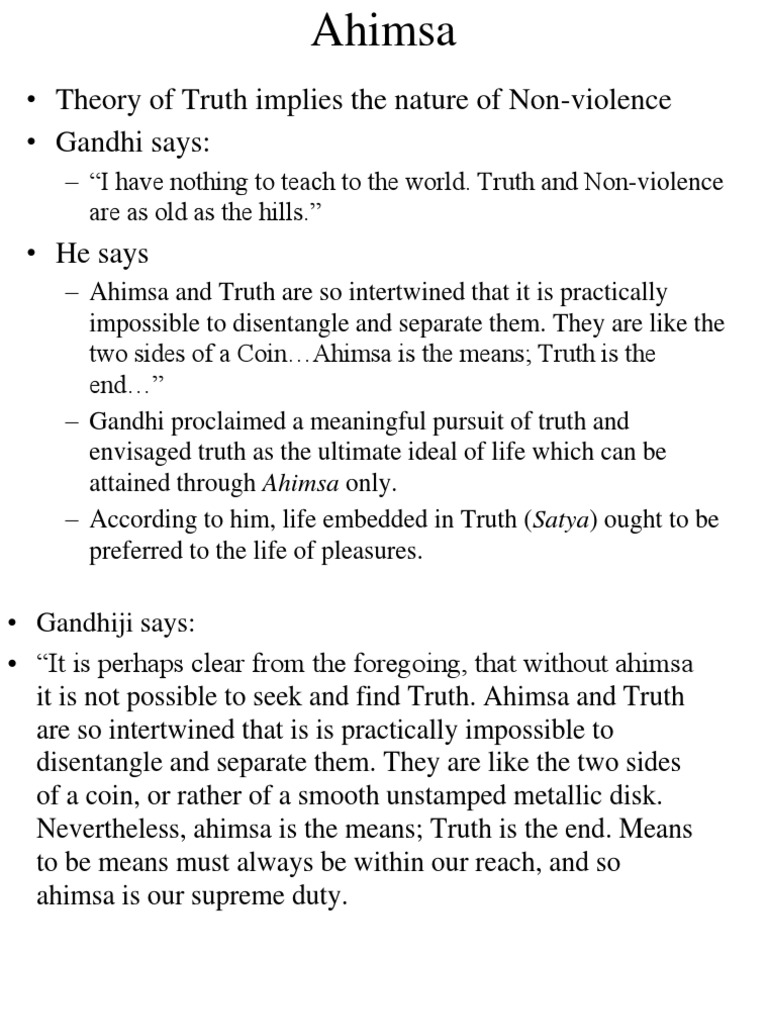The convergence of the principles of non-violence espoused by the eminent figures of Mahatma Gandhi and Dr. Martin Luther King Jr. with the Bahá’í teachings offers a rich field of exploration. The essence of non-violence as a philosophy, an ethical approach, and a strategic tool for social change lies at the heart of the Bahá’í vision, which underscores unity, justice, and the moral imperative for world peace. In examining this triadic relationship, one can elucidate the distinctive and complementary aspects of these viewpoints, offering valuable insights into their implications for contemporary society and future generations.
This discourse begins with an exploration of the foundations of non-violence in the teachings of Gandhi and King. At its core, non-violence, or ‘ahimsa’ for Gandhi, signifies not merely the absence of violence but the active pursuit of justice through love and understanding. Gandhi posited that true strength emanates from the ability to suffer rather than inflict suffering. This perspective is echoed in King’s doctrine, which interprets love as the potent weapon against oppression. King’s concept of “agape,” a selfless and universal love, serves as a cornerstone for his own non-violent activism and resonantly complements the Bahá’í teachings which advocate for the oneness of humanity.
The Bahá’í Faith articulates a theological framework that adheres to the principle of non-violence rooted in compassion and unity. Central to Bahá’í teachings is the belief in the essential nobility of the human spirit and the imperative to reconcile differences through dialogue and understanding rather than conflict. In this context, non-violence transcends mere strategy; it becomes an ethical mandate for the Bahá’í adherent, who recognizes that the transformation of society must commence with the cultivation of personal virtue.
Within this broader philosophical backdrop, the exploration of non-violence is enriched by examining its application in historical contexts. Gandhi’s leadership in the Indian independence movement epitomized a novel approach to political resistance. His numerous campaigns, notably the Salt March, were profound manifestations of non-violent protest. Similarly, King’s involvement in the American civil rights movement delineated the path forward for countless individuals seeking justice and equality. Both leaders, through their commitment to non-violent principles, demonstrated that profound social change is attainable through persistent and principled engagement.
The intersection of these teachings with the Bahá’í vision becomes apparent when one considers the Bahá’í emphasis on the importance of global governance and collective security. The Bahá’í Faith posits that only through the establishment of a universal administrative system can humanity effectively address the root causes of conflict and violence. This systemic approach mirrors Gandhi’s and King’s insistence on structural reforms, advocating for policies that promote equity and address social injustices as integral to the non-violent struggle.
The implications of non-violence extend into various dimensions of social justice, healthcare, and education, highlighting how these domains can embody its principles. In a world rife with systemic inequities, the Bahá’í approach to non-violence encourages engagement with these issues through a lens of inclusivity and respect for all. For instance, educational initiatives rooted in Bahá’í principles foster critical consciousness and empower individuals, especially youth, to become proactive agents of change, embodying the principles of peace and harmony.
Furthermore, the relationship between race and non-violence warrants exploration, particularly in the pivotal roles played by both Gandhi and King. Their respective movements foregrounded the necessity of dismantling racial hierarchies through non-violent resistance, examining how systemic oppression can be challenged through solidarity and compassion. This theme resonates with Bahá’í teachings, which proclaim the oneness of humanity and reject all forms of prejudice. Consequently, the commitment to non-violence becomes tantamount to a pledge against all forms of discrimination.
As the global community navigates an increasingly polarized landscape, the teachings of Gandhi, King, and the Bahá’í Faith provide timely and timeless guidance. They instill a sense of hope and responsibility among individuals to transcend divisive rhetoric and embrace dialogue rooted in respect. Non-violence, therefore, emerges not merely as a tactic but as a transformative lifestyle for societal engagement, embodying the principles of trustworthiness, justice, and compassion.
In conclusion, the interplay of Gandhi’s and King’s philosophies of non-violence with the Bahá’í vision encapsulates a holistic framework for addressing the multifaceted challenges of today’s world. It calls upon humanity to rise above conflict and divisiveness, fostering a collective movement towards a sustainable and harmonious future. The enduring legacies of these leaders serve as a clarion call for individuals to harness the power of non-violence as a formidable force for social transformation, illuminating a pathway to a unified, just, and peaceful world.
